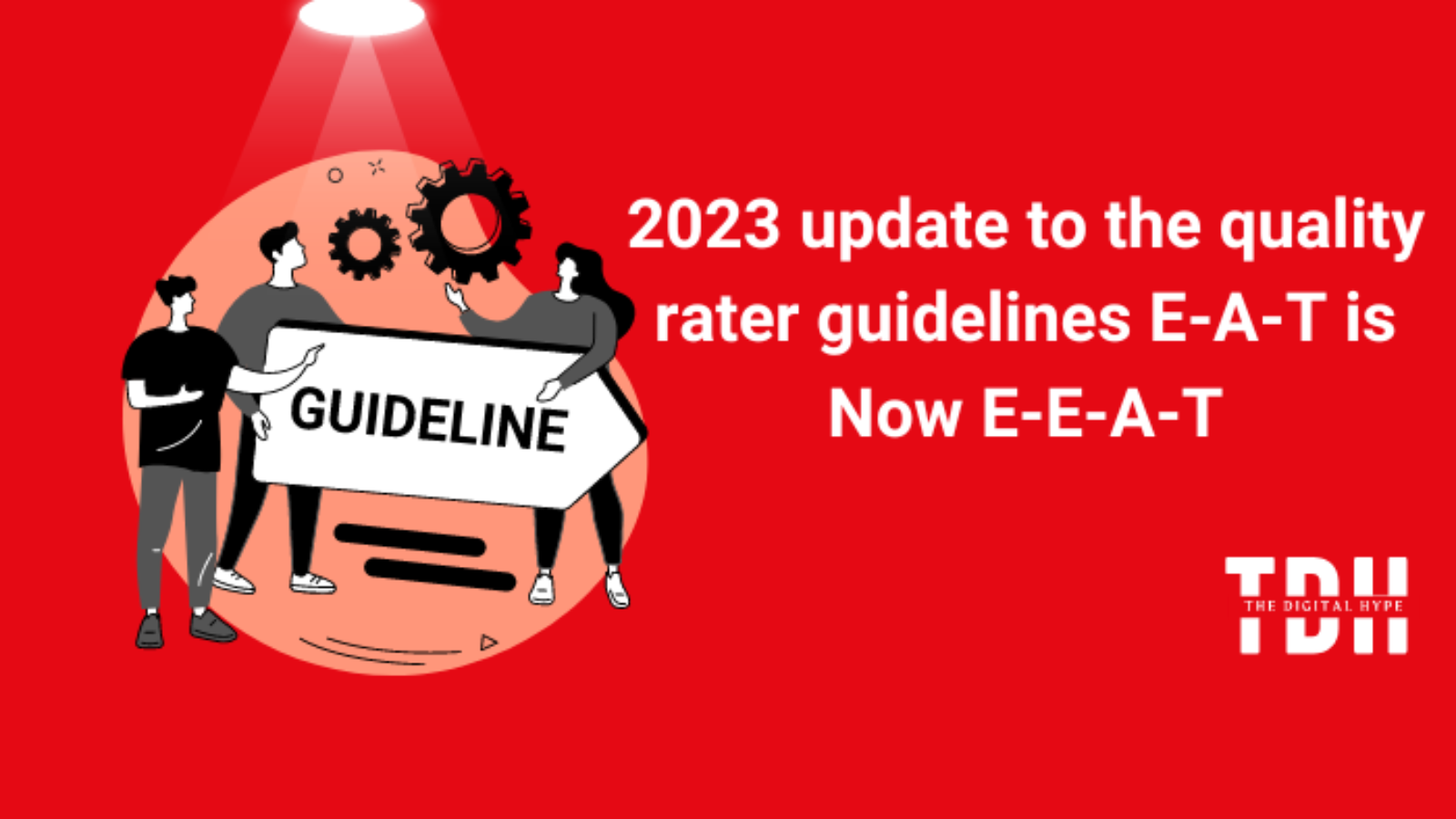According to Google, “Trust is the most crucial member of the E-E-A-T family since untrustworthy pages have low E-E-A-T no matter how Experienced, Expert, or Authoritative they may seem.” What distinguishes skill from experience? “Pages that provide first-hand life experience on obvious YMYL issues may be deemed to have high E-E-A-T as long as the information is trustworthy, safe, and consistent with well-established expert consensus,” Google stated. However, some YMYL information and guidance must come from professionals.
What are E-A-T Guidelines by Google? – The Digital Hype
What is EAT?
Expertise, Authoritativeness, and Trustworthiness, or E-A-T, is a guiding principle used by Google’s search quality raters to assess the efficacy and quality of search results. The Search Quality Rater Guidelines are used by quality raters, who are actual people, to assess how well Google’s search results satisfy users.
Rankings are not directly impacted by feedback from quality raters. But over time, it does assist Google in improving its algorithm. E-A-T, therefore, works hand in hand with SEO even if it isn’t a direct Google ranking criterion.
